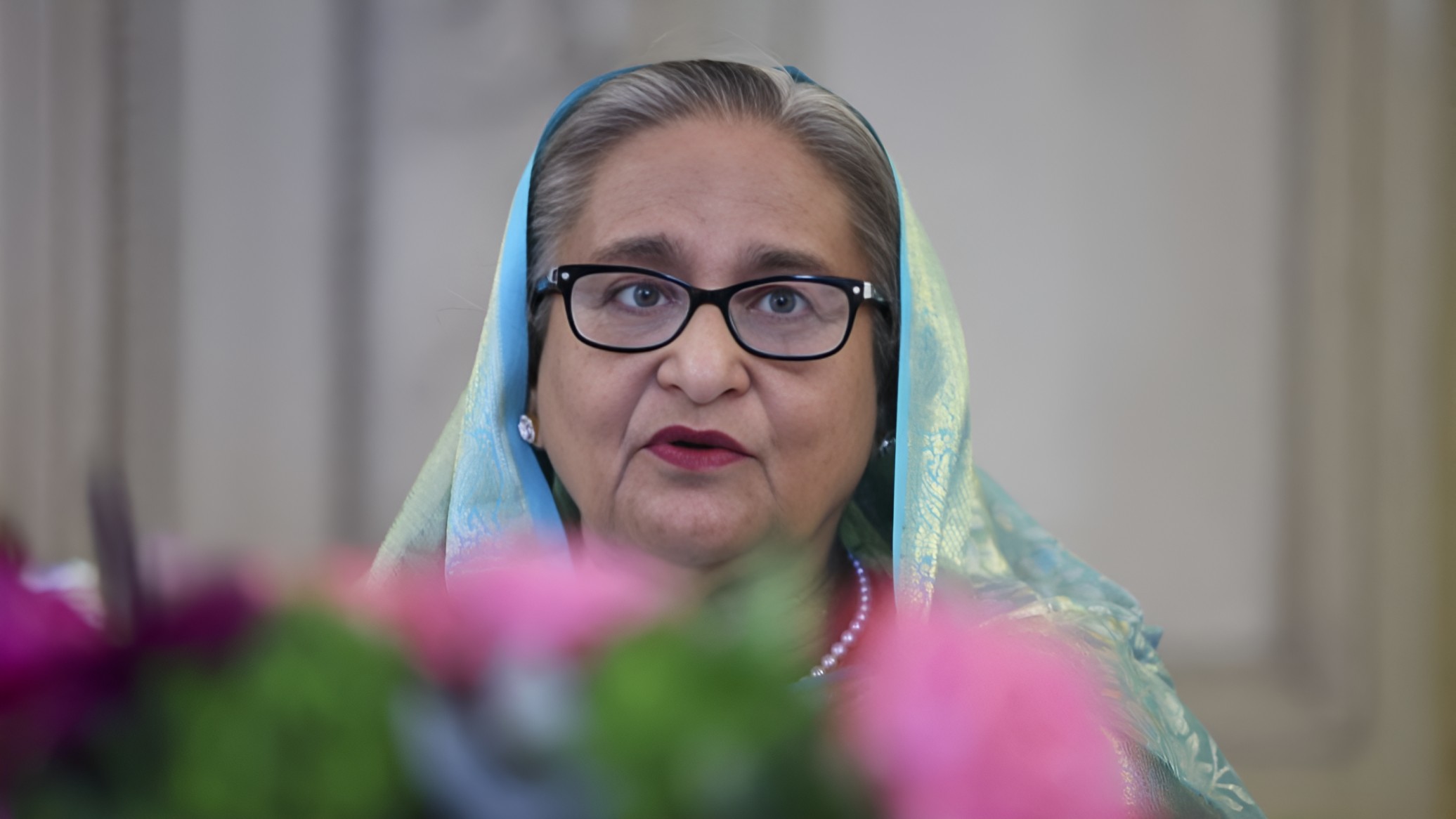Leaked audio ties Sheikh Hasina to deadly Bangladesh protest crackdown

In the recording, Hasina is heard instructing security forces to shoot protesters on sight.
A leaked audio recording, authenticated by forensic experts and verified by BBC Eye, reveals that former Bangladeshi Prime Minister Sheikh Hasina personally approved the use of lethal force during last year’s student-led protests the deadliest unrest in the country since its 1971 war of independence.
In the recording, Hasina is heard instructing security forces to shoot protesters on sight. The audio, believed to be from a July 18 phone call between Hasina and a senior official, surfaced online in March.
Its contents are now set to form key evidence in her ongoing trial in absentia for crimes against humanity, including mass killings and incitement.
According to UN investigators, as many as 1,400 people were killed during the 36-day uprising, which initially opposed civil service job quotas for descendants of 1971 war veterans but quickly grew into a nationwide movement that ended Hasina’s 15-year rule.
She fled to India on August 5 the same day demonstrators stormed her Dhaka residence after police massacres shocked the nation.
BBC World Service investigators uncovered new details about the deadly crackdown, including an incident in Jatrabari where at least 52 people were shot dead by police far higher than the initial death toll of 30 reported at the time.
Eyewitness videos, drone footage, and CCTV showed officers firing on unarmed protesters for over half an hour after army troops withdrew from the scene.
The leaked call was matched to Hasina’s voice by Bangladesh Police’s Criminal Investigation Department and separately analyzed by UK-based forensics firm Earshot.
Their analysis found no evidence of tampering or synthetic manipulation, identifying tell-tale background sounds and audio characteristics consistent with an unaltered speakerphone recording.
The BBC's investigation also confirms that the National Telecommunications Monitoring Centre, a Bangladeshi government agency, recorded several of Hasina’s conversations. It remains unclear who leaked the audio, though multiple clips of her calls have circulated online in recent months.
British human rights lawyer Toby Cadman, who is advising Bangladesh’s International Criminal Tribunal, said the recording is crucial to establishing Hasina’s direct role in the deadly crackdown. Alongside her, over 200 individuals including former police and government officials face charges, with 73 already in custody.
Bangladesh Police acknowledged that 60 officers have been arrested for excessive force during the protests. A spokesperson admitted there were “regrettable” incidents but insisted investigations are ongoing and impartial.
The Awami League, Hasina’s party, continues to deny the allegations, dismissing the leaked audio and rejecting the UN’s findings. A spokesperson said the actions taken during the protests were “measured,” and aimed at preserving order and minimizing harm.
India has yet to act on Dhaka’s request for Hasina’s extradition, and legal experts say she’s unlikely to return voluntarily to face trial.
The country is currently under an interim government led by Nobel laureate Muhammad Yunus, with national elections on the horizon. It remains uncertain whether the Awami League will be allowed to contest.
